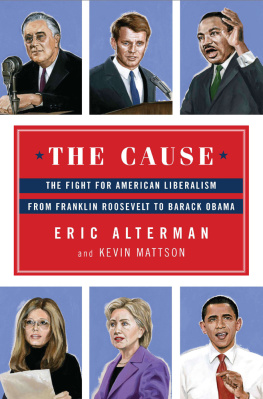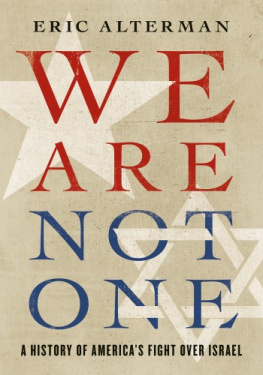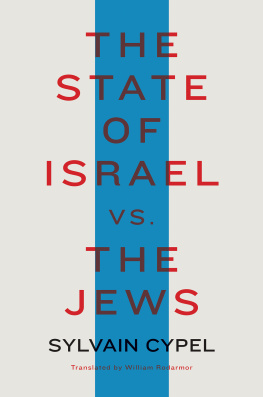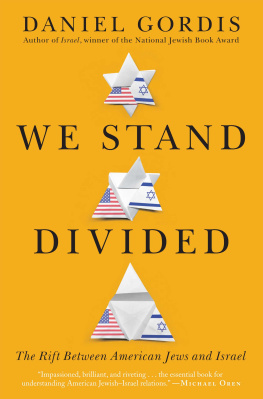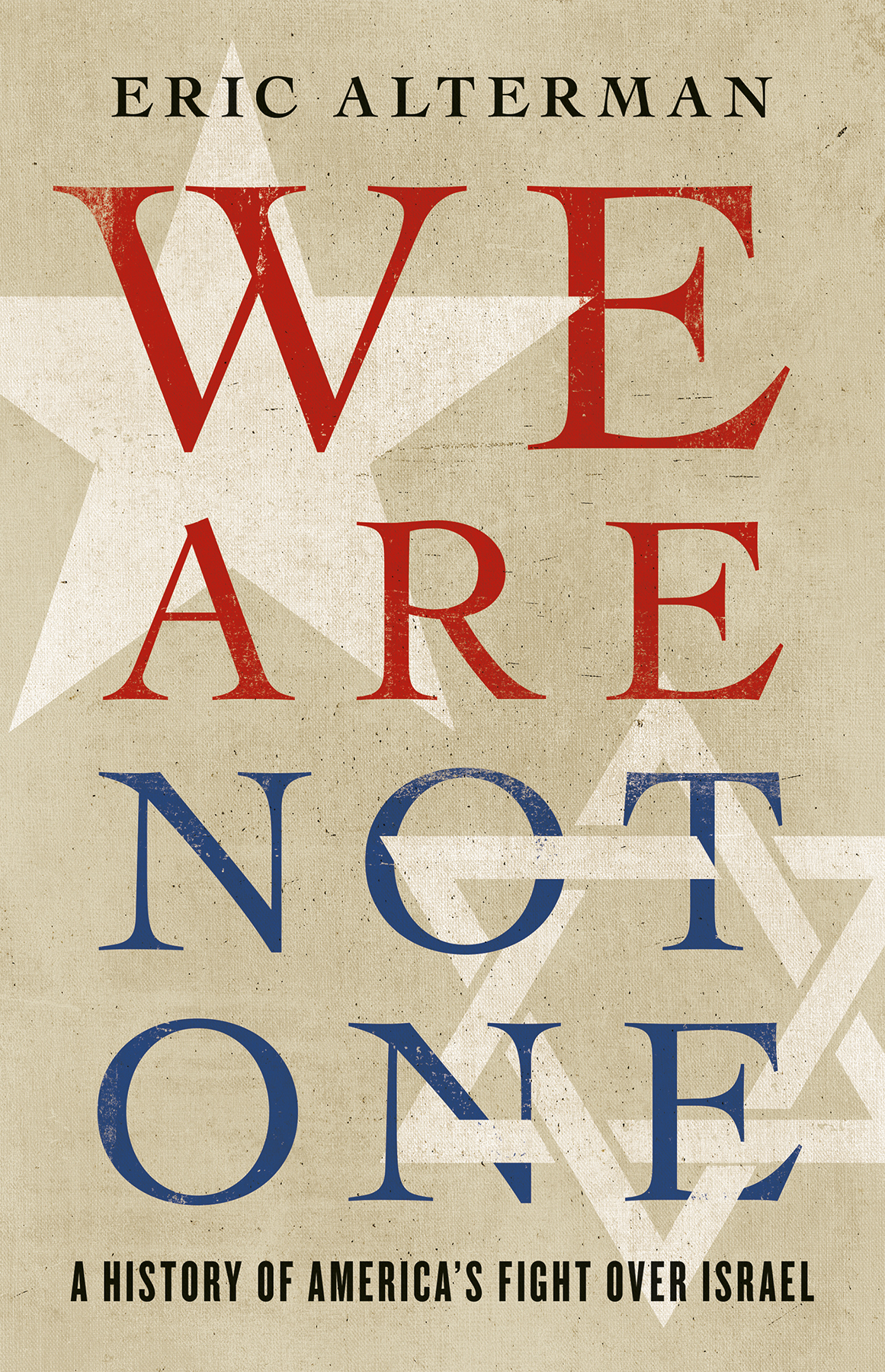Sound and Fury: The Washington Punditocracy and the Collapse of American Politics
Who Speaks for America? Why Democracy Matters in Foreign Policy
It Aint No Sin to Be Glad Youre Alive: The Promise of Bruce Springsteen
What Liberal Media? The Truth About Bias and the News
When Presidents Lie: A History of Official Deception and Its Consequences
The Book on Bush: How George W. ( Mi s )leads America ( coautho r )
Why Were Liberals: A Political Handbook for Post-Bush America
The Cause: The Fight for American Liberalism from Franklin Roosevelt to Barack Obama
Kabuki Democracy: The System vs. Barack Obama
Inequality and One City: Bill de Blasio and the New York Experiment, Year One
Lying in State: Why Presidents Lieand Why Trump Is Worse
Copyright 2022 by Eric Alterman
Cover design by Chin-Yee Lai
Cover images Itsmesimon / Shutterstock.com; Abstractor / Shutterstock.com; hayim.bevz / Shutterstock.com
Cover copyright 2022 by Hachette Book Group, Inc.
Hachette Book Group supports the right to free expression and the value of copyright. The purpose of copyright is to encourage writers and artists to produce the creative works that enrich our culture.
The scanning, uploading, and distribution of this book without permission is a theft of the authors intellectual property. If you would like permission to use material from the book (other than for review purposes), please contact permissions@hbgusa.com. Thank you for your support of the authors rights.
Basic Books
Hachette Book Group
1290 Avenue of the Americas, New York, NY 10104
www.basicbooks.com
First Edition: November 2022
Published by Basic Books, an imprint of Perseus Books, LLC, a subsidiary of Hachette Book Group, Inc. The Basic Books name and logo is a trademark of the Hachette Book Group.
The Hachette Speakers Bureau provides a wide range of authors for speaking events. To find out more, go to www.hachettespeakersbureau.com or call (866) 376-6591.
The publisher is not responsible for websites (or their content) that are not owned by the publisher.
Library of Congress Control Number: 2022940791
ISBNs: 9780465096312 (hardcover), 9780465096329 (ebook)
E3-20221026-JV-NF-ORI
To my brave, strong daughter, Eve Rose Alterman, who taught her old man more in one year about grace and courage than he managed to learn in the previous sixty-one.
In a world so hard and dirty
So fouled and confused
Searching for a little bit of Gods mercy
I found living proof.
Bruce Springsteen, Living Proof, 1992
Eric Alterman masterfully traces the long, fraught debate over Zionism that has shaped US policy and politics regarding Israel and, by extension, the Palestinians. His book is not just an excellent account of that crucial history, but an invaluable guide to where this still-vital conversation is headed in the twenty-first century.
Hussein Ibish, senior resident scholar, Arab Gulf States Institute
This is a magisterial work of history by one of the nations shrewdest, most eloquent commentators on politics and journalism. Altermans sharp, often witty judgments about what Israel has meant to Americans of all persuasions are both comprehensive and convincing. The influence of this erudite, passionate work should not just endure but grow larger over time.
Michael Kazin, professor of history, Georgetown University
In a lucid and highly accessible manner, Alterman tells the story of Israel in the American imagination with verve, humor, and honesty. Combining a deep and broad knowledge of the field with a journalists pen, Alterman leads his reader through the political, cultural, and identarian marshlands of American Jews struggle with the country they choose not to live in. We Are Not One is learned, fact-based, unvarnished, and full of fresh insights. Highly recommended.
Shaul Magid, distinguished fellow in Jewish Studies, Dartmouth College
Levin had often noticed in arguments between the most intelligent people that after enormous efforts, an enormous number of logical subtleties and words, the arguers would finally come to the awareness that what they had spent so long struggling to prove to each other had been known to them long, long before, from the beginning of the argument, but that they had loved different things, and therefore did not want to name what they loved, so as not to be challenged.
Leo Tolstoy, Anna Karenina , Book IV, chapter XIII, 1877
A man hears what he wants to hear and disregards the rest.
Paul Simon, The Boxer, 1970
The space that Israel occupies in US political debates is, by any measure, extraordinary. In land area, the Jewish state ranks 149th in a list of 195 independent nationsit is smaller than Belize and El Salvador and only slightly larger than Slovenia. And yet, despite its size, and despite its distance from the United States, Israel, and particularly its conflicts with the Palestinians and surrounding nations, remains one of the most intensely debated topics in all of American politics. The participants in these debates often treat competing arguments not as matters of policy, but as challenges to their personal identities. This tendency has long been evident among American Jews, but in recent decades it has also become true of millions of conservative Christians. More and more, it is evident in Israels opponents as well. This identity-infused inflexibility is one of many causes of the debates intensity and one reason why arguments so often veer away from any recognizable reality experienced by the people who actually live there.
Just as extraordinary as the degree of attention paid to Israel in the United States is the level of support it receives. This support takes
Israels popularity with US citizens, however, does not begin to explain the degree of indulgence it receives from the US government. After all, gun control, strict environmental regulation, and higher taxes on the super-wealthy also poll extremely well with the public but are not at all reflected in congressional legislation. In addition, foreign aid is just about the most unpopular cause, at least in the abstract, that any pollster can identify. And yet Americas generosity to Israel is literally unparalleled, not only in US history, but in the history of any nation. Since its founding in 1948, Israel has been by far the largest US foreign aid recipient, despite the fact that it has grown to be among the worlds dozen wealthiest nations (as measured by per capita gross domestic product). Whats more, Israel receives this aid, as policy scholars Amnon Cavari and Elan Nyer have put it, earlier than other countries, with fewer limitations on how to use the funds and minimal bureaucratic oversight (essentially unaudited allocation) and is one of the very few countries that benefit from laws permitting tax deductions for contributions to foreign charities. Since 1997, the United States has had a law that demands that it vet the human rights records of all military units in any nation that enjoys US aid. Alas, according to a 2021 study published by the Carnegie Endowment for International Peace, Israel is the only country in the world for which the United States does not have tracking mechanisms to determine which weapons go to which military unit, and hence is free to ignore this requirement.
US law ensures that Israel receives sufficient military support to maintain a qualitative military edge over any and all combinations of its potential adversaries. Israel is invited by law to receive preferential treatment as a bidder on US defense contracts, and it is often given surplus US equipment at minimal (if any) cost. Under President Barack Obama, the United States signed a Memorandum of Understanding (MOU) in which it committed itself to providing Israel with $38 billion in military aid over a period of nine years. This pledge is unlike any other US foreign commitment. Diplomatically, the US government has often treated Israeli priorities as indistinguishable from its own. Between 1946 and 2012, for instance, fully more than half of the vetoes the United States employed in the United Nations Security Council were devoted to the defense of Israel.


